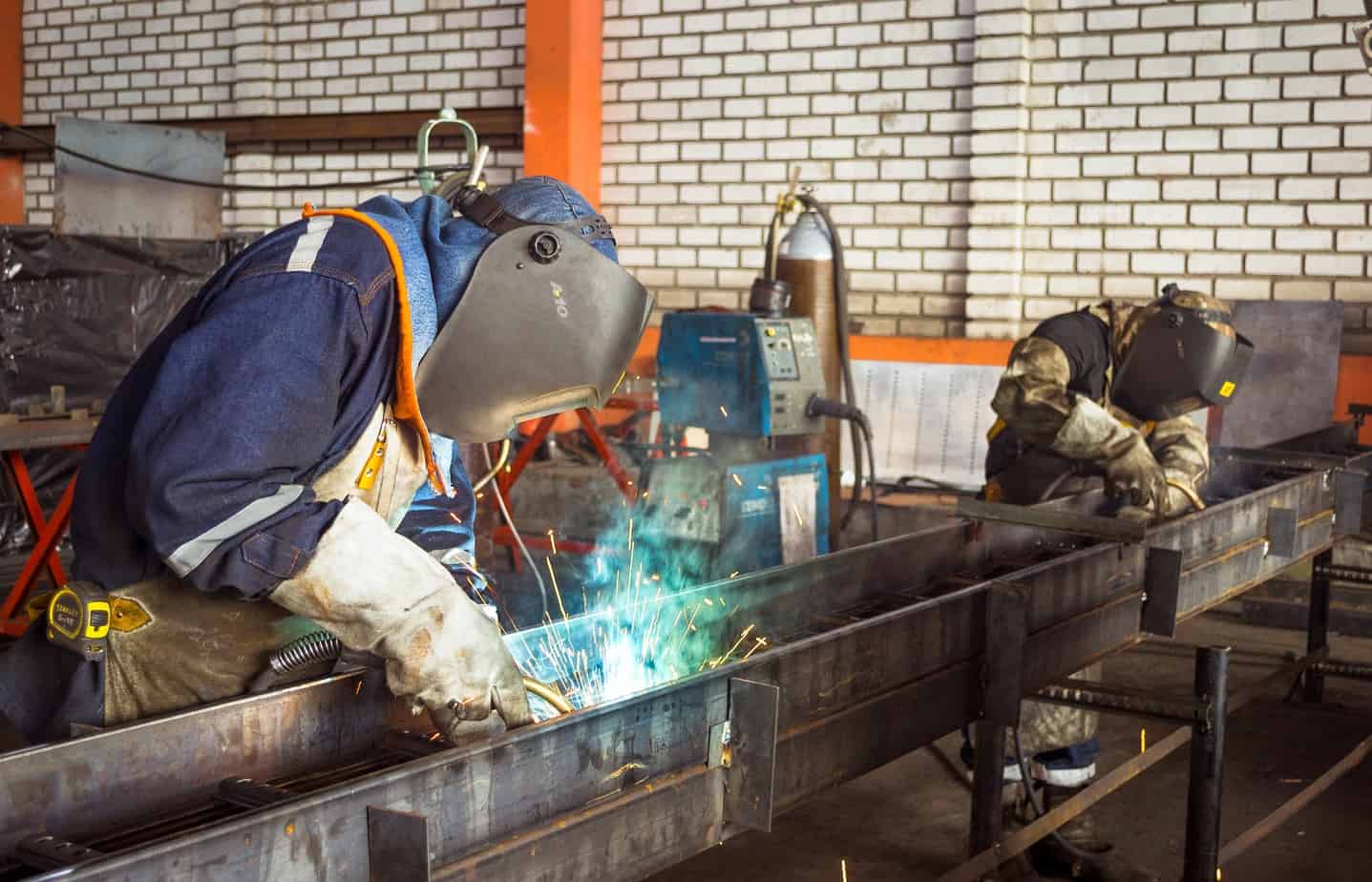For decades, the U.S. manufacturing sector has gotten a bad rap. Only five short years ago, (according to the U.S. Manufacturing Institute) less than 39% of consumers viewed manufacturing as an innovative, and attractive sector in which to work and grow. That sentiment has radically changed. Today, over 69% of the population now see manufacturing as inventive, innovative, and a positive change bellwether. And those consumers are right!
Change cannot come fast enough. The National Association of Manufacturers warns over 2.1 million U.S. manufacturing jobs could go unfilled by 2030. Yet as aggressive manufacturing aid for the recent pandemic, and the inexorable recovery, has dramatically proven, the sector is crucial to economic health and well-being for the entire country.
Michigan, home state for Right Management Great Lakes, is ranked sixth in the U.S. in the manufacturing industry. “The Mitten” houses 12,900 manufacturers who currently employ over 734,000 people (16.4 % of the state’s employable population.) In fact, manufacturing as a singular collective industry is the #1 employment sector in Michigan, with the greatest number of growing jobs being created in advanced manufacturing, manufacturing of medical and biotech devices and its most prominent exploding sectors: mobility, new vehicle technology components, and battery manufacturing. The “Big Three” automotive companies (General Motors, Ford, and Stellantis — formerly FCA/Chrysler), as well as suppliers to those companies (Lear, Magna and many others), and “upstarts” in all mobility segments including EV, and battery companies, dominate the Michigan economic landscape.
At Right Management Great Lakes, we serve these companies. So, we hear and see the innovation, change-making, financial concerns, and overall challenges every day. With a looming recession on the horizon, from a human resources perspective, all manufacturers including those in Michigan face extraordinary issues, complicated by economic worries:
- SKILLED TALENT UTILIZATION: Close to 45% of manufacturing leaders have turned down business opportunities, in the last 12 months, due to a shortage of appropriately skilled, talented employees — taking a big hit on top-line profit.
- TALENT RETENTION: 83% of manufacturers cite both attraction and retention of talented, appropriately skilled, and high-quality employees as their primary issue in 2022 and early 2023. Replacing key workers, who have requisite skills and high potential, is an expense that companies cannot bear, in a volatile economy.
- TALENT ATTRACTION: Despite the change in consumer sentiment, the majority (58%) of recent graduates, and those considering new opportunities at any career stage, do not prefer manufacturing roles. Instead, they move into technology, professional services, healthcare, communications, finance, energy, retail and other industries.
These are all addressable challenges. Good news is that while there is still a mismatch in talents and skills, over 84% of manufacturing jobs lost during 2020/2021 have been recovered. But, in the face of recession, none of those recovered jobs are guaranteed. There needs to be disciplined, enlightened workforce processes adopted by leaders to address necessary skills, retention and attraction of new energy and novel ideas. Those should include:
- Humane outplacement, enabling laser-focused talent matching, and answering recessionary economic necessities, needs to be a predictable benefit of an individual’s career. Communication about that process should be transparent from Day One through final “goodbye.” Besides just being the right thing to do, adoption of process-oriented outplacement and off-boarding enhances a company’s reputation, avoids a negative image, underscores healthy company culture, enables re-hiring when warranted, and helps attract new talent, at a reasonable cost.
- Enhanced training and career development should be offered to all levels of employees, from first-line supervisors/entry level colleagues to highest levels of management. Over 80% of candidates not considering manufacturing would reconsider if enhanced training and clearer career progression could be proven to them.
- DEI and B (Diversity, Equity, Inclusion and Belonging) initiatives should be more than “lip service.” New talent pools are diverse talent pools; they must be cultivated. That means fresh programs like aggressive apprenticeships; hiring non-degreed talent; attracting applicants at younger levels through excellent communication of opportunities; grants and new STEM training programs; resourcing talent at alternative educational institutions; and much more. Nontraditional initiatives help.
Like all transformative change, you benefit from having the right partner, with the right tools and expertise to address challenges. With 4 decades of workforce expertise, Right Management team can help manufacturers address these issues and accelerate the necessary change. Please contact us.





